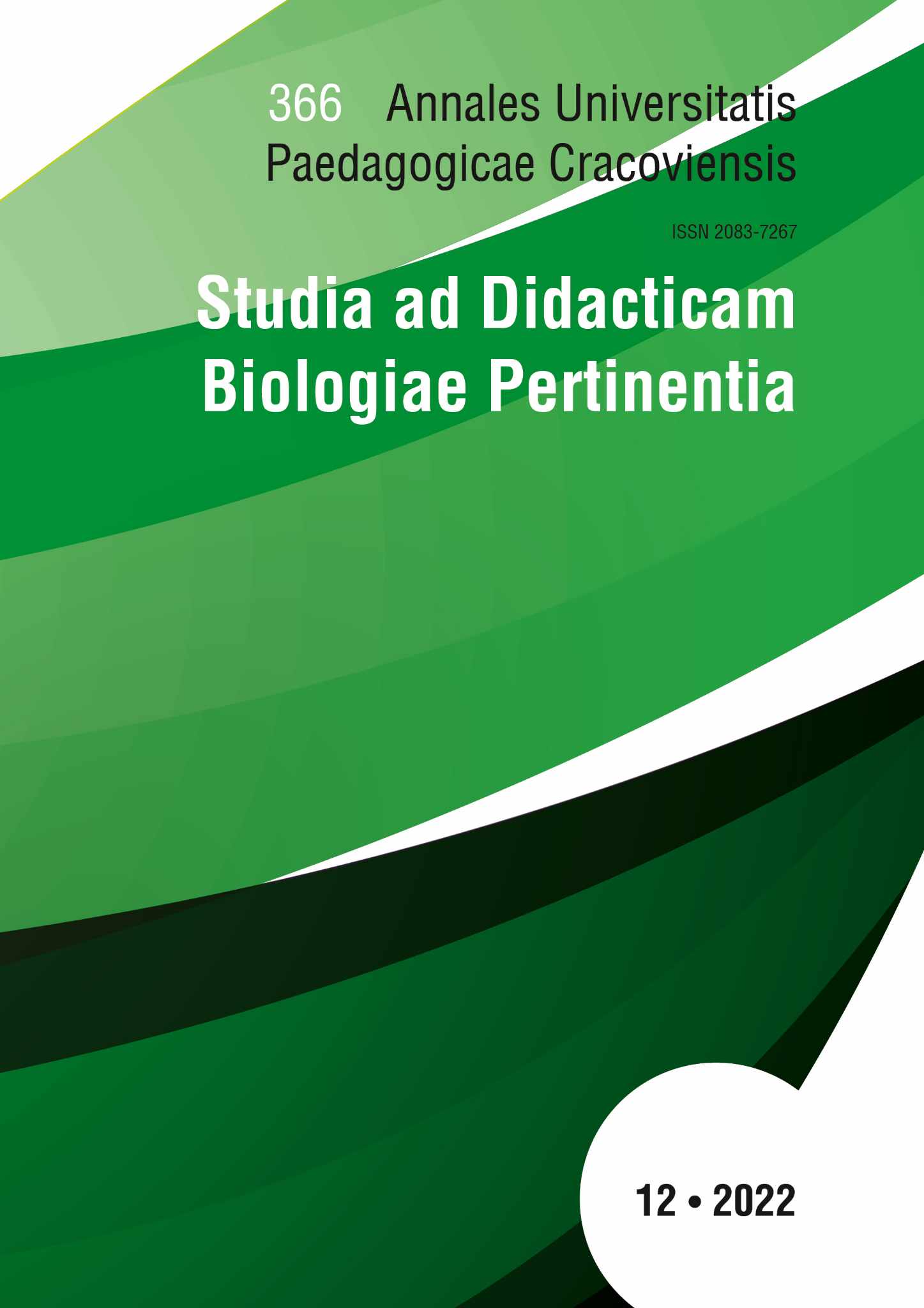Synthesis of the HOMEOCSS Project – the influence of representations in a controversial debate about homeopathy
Synthesis of the HOMEOCSS Project – the influence of representations in a controversial debate about homeopathy
Author(s): Emmanuella Di Scala, Sophie Demonceaux, Sebastien Malpel, Marie-Stéphanie Abouna, Robert Andres, Prisca Bouillé, Pascal Bourgeois, Mohamed Djouani,, Sandrine Esquirol-Paquerot, Dalilia Kessouar, Guy Lévêque, Narjiss MekaouiSubject(s): School education, Health and medicine and law, Sociology of Education
Published by: Wydawnictwo Uniwersytetu Komisji Edukacji Narodowej w Krakowie
Keywords: homeopathy; controversy; representations;
Summary/Abstract: The HOMEOCSS project was born in 2018 (HOMEopathy Object of Controversy in the Societal Sphere) and ended in January 2022. Its main objective is to promote dialogue between Science and Society, so that citizens can form an informed opinion on a scientific subject that is debated in our society, namely homeopathy. The analysis of the controversy around homeopathy makes it possible to distinguish the role of the various actors of society involved in this debate and to define their representations of it: what are the reasons which push these individuals to orient themselves in favor or in against homeopathy? The project is therefore made up of different objects of study (OBJ): the school public (middle school students, high school students, students), the media (traditional and digital), the medical profession, scien tists and the general public. It appears that the representation of the different audiences is centered either on an assimilation of homeopathy to medicine, or on an assimilation of homeopathy to a placebo (which is not considered to be medicine). Everyone will then see either a specific efficacy, concerning the subjects assimilating it to a medicine, or a lack of specific efficacy, concerning the subjects assimilating it to a placebo (being able to then consider that there is a placebo effect or not). Work on the representations of scientists has shown that these divergences come from a different sociological anchoring between the subjects: modern versus postmod ern. It could be proposed that this sociological anchoring could also condition the positions of other types of audiences. This analysis also shows the importance of making pupils aware from an early age of understanding the existence of representations different from their own, of the reasons which condition each person to position themselves differently, and of respect for these, in order to limit the difficulties that may be encountered in controversial debates.
Journal: Annales Universitatis Paedagogicae Cracoviensis. Studia ad Didacticam Biologiae Pertinentia
- Issue Year: XII/2022
- Issue No: I
- Page Range: 204-217
- Page Count: 14
- Language: English

